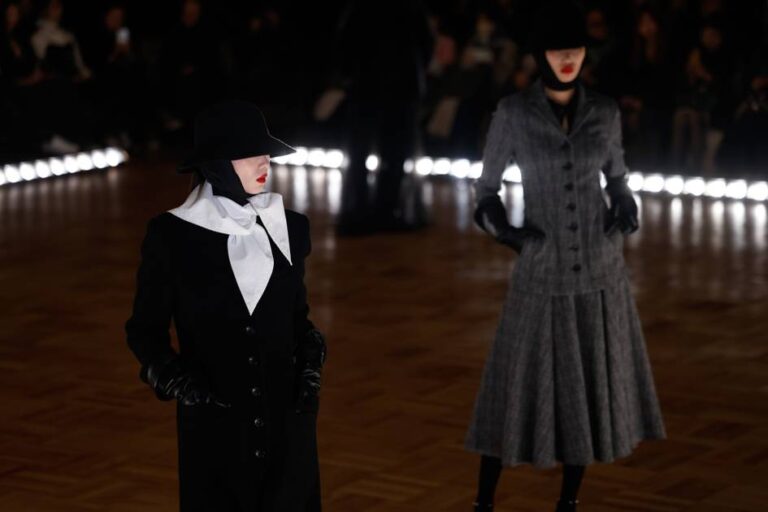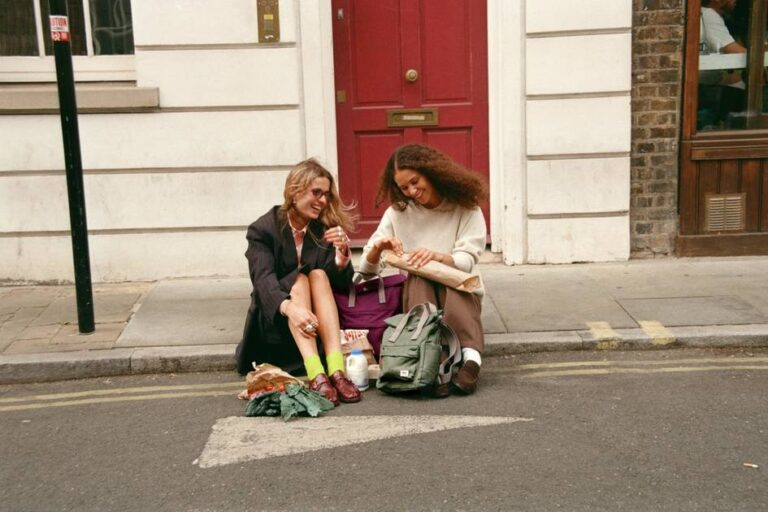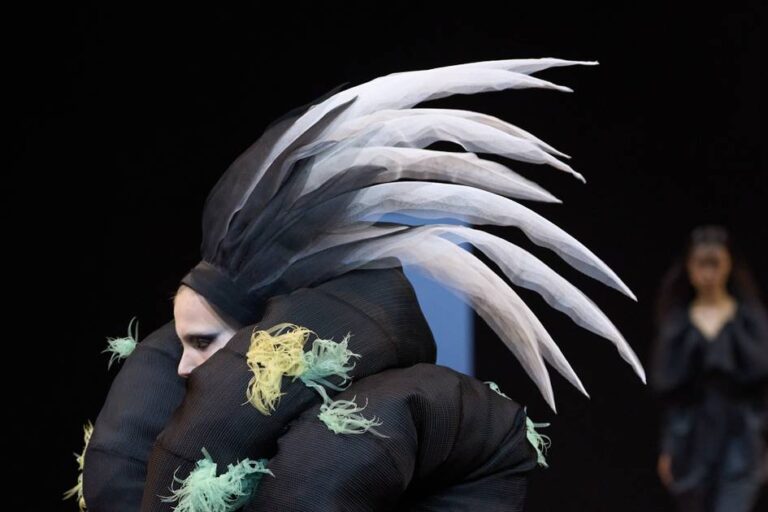Exploring Lucía Cuba: Designer, Social Psychologist, and Educator
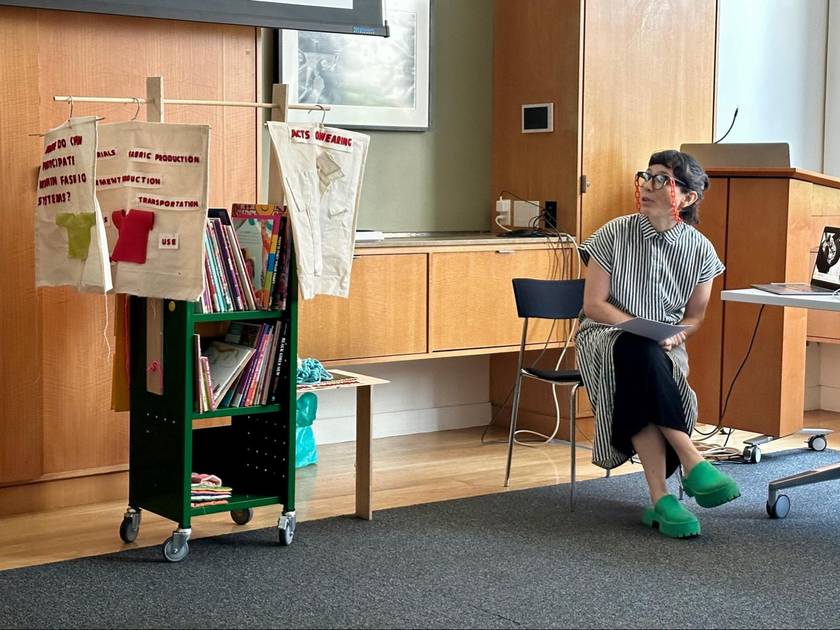
Lucía Cuba is a prominent figure in Latin American fashion, known for her commitment to integrating design, activism, and social justice. Her approach challenges conventional fashion education models, and her work has been showcased in museums and academic venues worldwide. This article is part of a series on fashion professionals who are also educators, titled “And they also teach…”.
What is the biggest challenge of teaching as an active professional?
One of the main hurdles is maintaining a critical approach while encouraging transformative learning within the educational system. Teaching fashion through the lens of social justice necessitates a reevaluation of the curriculum, representation, and traditional teaching methods that often reinforce exclusionary practices. It’s crucial to align teaching with lived experiences, maintaining consistency between theory and practice.
Is fashion education guiding students towards success or mere survival?
Historically, fashion education has mostly prepared students for market demands. However, a curriculum that prioritizes social justice can empower students to challenge and reshape existing systems, fostering ethical and critical practices. This transformation helps redefine the concept of “success” in a field that significantly impacts society and the environment.
What should fashion education unlearn?
Fashion education needs to move away from the notion that there is a singular valid model of fashion practice. It should interrogate prevailing beauty ideals, production standards, and Western-centric frameworks that dominate the landscape. Additionally, unlearning the separation of technical skills from critical thought is essential; teaching fashion design should encompass discussions on politics, representation, and systemic issues.
How can students discover their unique voice in a crowded market?
Encouraging students to acknowledge their individual experiences and perspectives is vital. Validating their knowledge and desires allows them to frame their designs around their authentic selves. This self-driven approach encourages them not to conform to existing systems but rather to carve out their unique spaces in the industry.
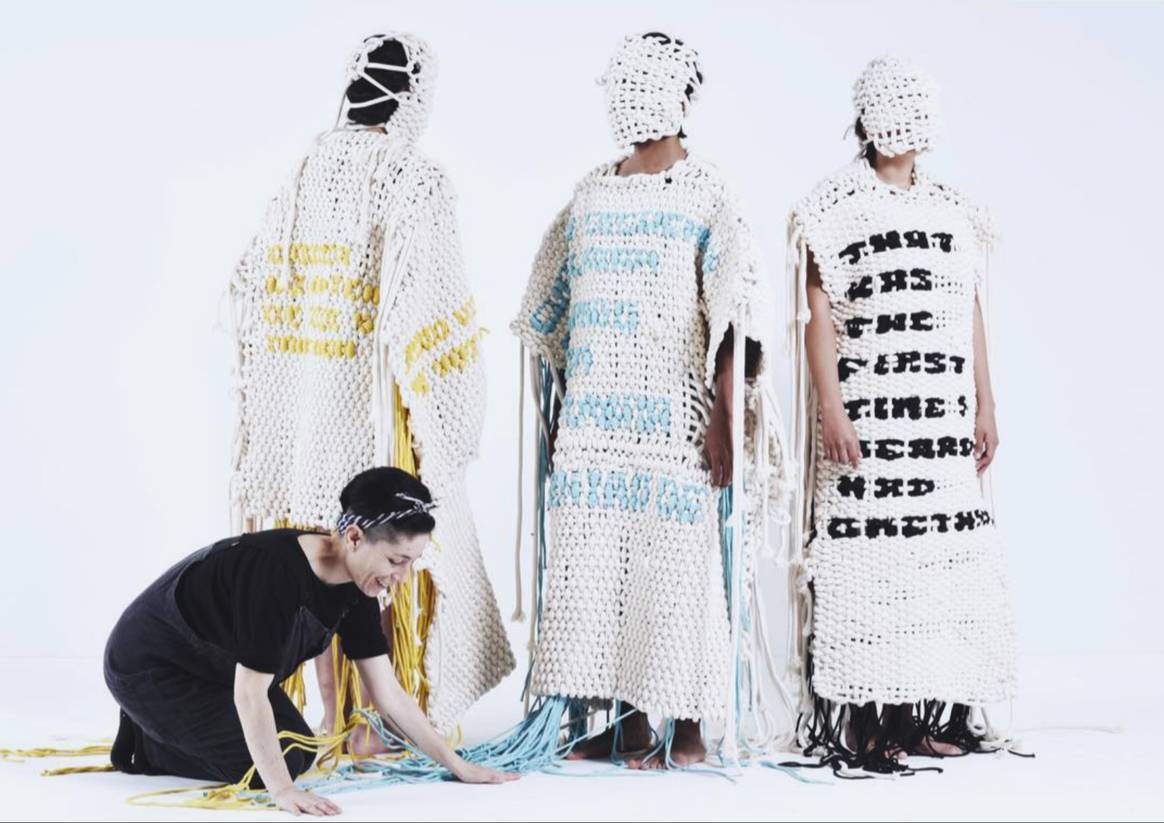
Can artificial intelligence fully replace human involvement in fashion education?
No, the essence of design, especially from critical perspectives, is rooted in human emotions and social interactions. Although AI can serve as a beneficial tool, it lacks the ethical and contextual components required for an education focused on social change. Human participation remains crucial for envisioning alternatives in fashion and for rethinking AI’s role.
What myths about the fashion industry do you aim to challenge in your teachings?
One prevalent myth is that fashion is merely a superficial domain tied to aesthetics. In truth, clothing choices are deeply political. Another myth is the notion that the “ideal” body conforms to narrow standards of thinness and youth. In class, we actively work to dismantle such beliefs and advocate for diversity in representation through projects that reflect real bodies. Additionally, we challenge the idea that activities like patternmaking are insignificant; they play crucial roles in shaping political realities.
If your students were to remember a single phrase or moment from your class a decade later, what would you wish it to be?
I hope they carry with them the understanding that design transcends clothing production; it’s about contemplating the kind of world we aspire to create and recognizing how our daily choices shape that reality. Dressing, making, learning, and teaching are intricately linked, and fashion can serve as a force for care, transformation, and justice.
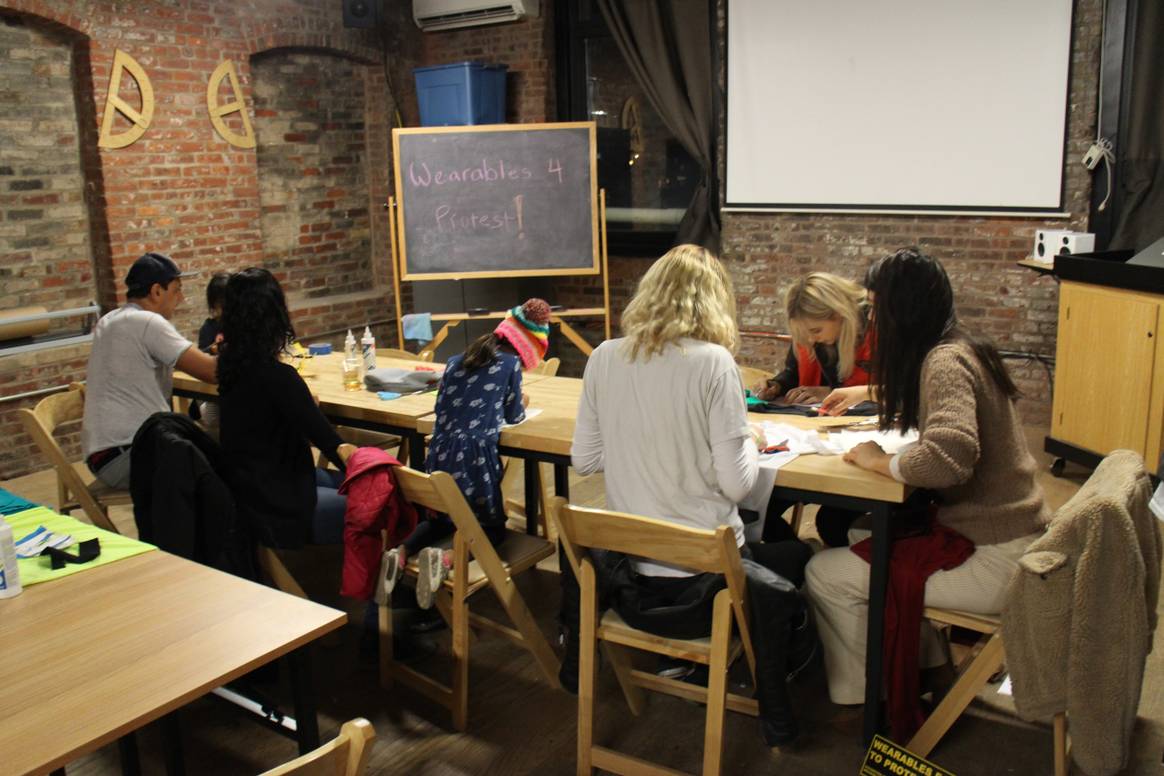
- Initiated projects in the 2000s focused on alternative culture and informal education.
- Since 2022, serves as director of the MFA Fashion Design and Society at Parsons, teaching Fashion and Social Justice.
- Developed various projects linking fashion, activism, and social justice, such as Artículo 6 and Proyecto Gamarra.
- Showcased work in prominent museums and venues in New York, Rotterdam, and Puebla.
- Awarded the Han Nefkens Fashion Award in 2014 and the United States Artists Fellowship in Design in 2019.
- Joined Parsons as a full-time faculty member in 2015, focusing on critical thinking, sustainability, and diversity.
- Inspired by individuals and collectives using fashion and art for social change.
What aspects of fashion education do you believe could benefit from a more social justice-oriented approach? Feel free to share your thoughts!

